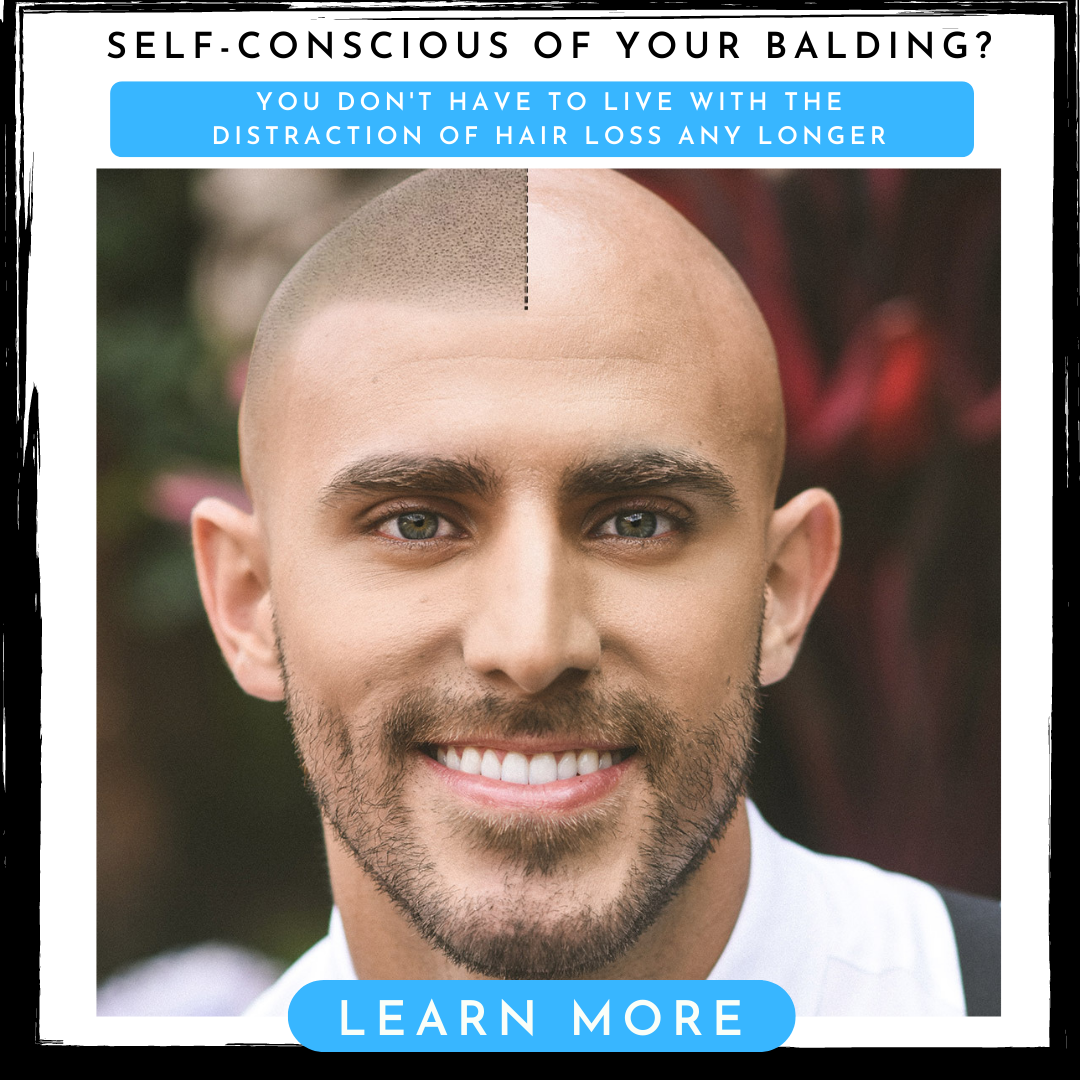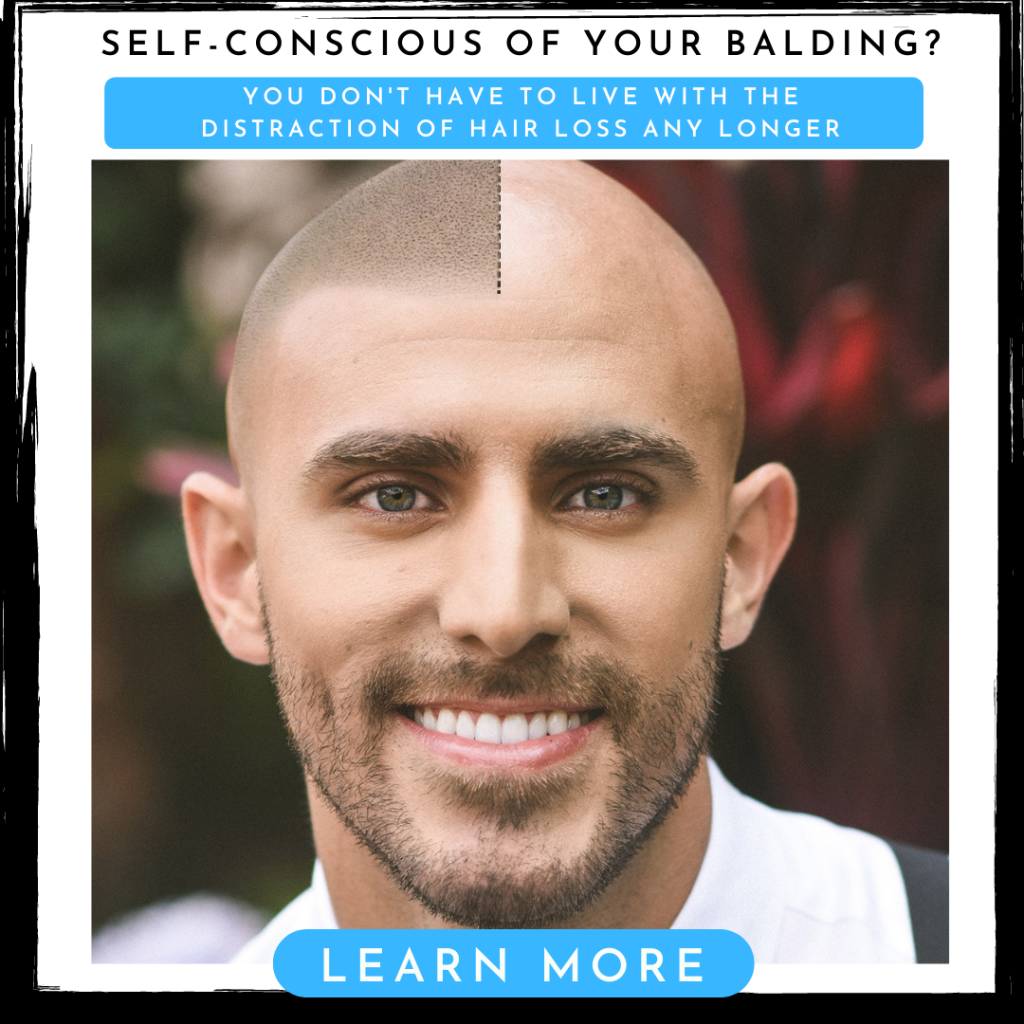Nothing can make us feel better than when we finally achieve the success that we want. It is the best feeling, right? Especially when we realize how much effort we put in it. I remember staying up late for months during the time when I had to study for my board exam. The endless refill of coffee, long hours of scrutinizing every detail of each topic in my books, and answering mock-up exams just to test my knowledge. Then when they finally released the board passers, I jumped and cried seeing my name!
After receiving these accomplishments and recognitions, it is a natural impulse to feel proud and think that we are finally a better version of ourselves. As a result of hard work and persistence comes after our sense of pride.
Pride is a complex human emotion. It can be a good thing that encourages us to achieve our goals. But as much as it pushes us to work beyond our limits, just like any emotion, it becomes a bad thing when it is excessive.
If something that stems from a positive cause, then how can it be a bad thing?
Pride becomes negative when these achievements and recognitions inflate our self-worth and ego resulting in us being self-centered and arrogant. As a result, it might also encourage us to perform unfair acts just to keep achieving.
Table of Contents
Is it good to be prideful? How do you know when you are struggling with pride? To help you answer these questions, take a look at the following signs to see how much pride you have:
You do not accept constructive criticisms
Prideful people do not just accept failure, they also defend themselves and do not recognize that they have committed a mistake. It is hard for them to accept failure and they may refuse to be corrected.
To achieve success, we also need to see how things are viewed outside of our own perception. That is why others’ opinions matter because it helps us correct our mistakes and improve. For this reason, being prideful and close-minded about other people’s opinions will not help you but instead will just keep you doing the same things over and over again.
You always think of others as your competition
Being superior to others is also one trait the prideful people have. They look down on others, compare themselves, and treat everyone as their competitors. For them, the effort that they put into their work is not about doing their best but instead, to be better than anyone else.
This trait of a prideful person is a sign of unhealthy competition. It may lead to engaging in unfair practices in order to succeed, however, having a healthy competitive spirit is not a bad thing at all. It is just that we should practice healthy competition which stems from a growth mindset that acknowledges the experience and new potential we gather throughout our journey. This also is important, especially when working in teams because if we are only all about our personal gain and disregard the other’s hard work, we, as well as the entire team will not get the success that we want.
You are often ungrateful for what you have
I personally believe that if you want something, you have to work for it and that is a good thing! But what most prideful people think is that there is nothing to be thankful for because the world owes them the reward for their hard work.
People who are ungrateful tend to have an excessive sense of confidence and self-importance. It is their entitlement that impedes them to be grateful because they believe they are deserving of what they have. But no matter how hard we worked on something, it is important to be thankful especially to those people who helped and supported us because gratitude brings humility that makes us more willing to receive what the world has to offer for us.
You are not teachable
Everyone starts as a student. But prideful people reject the idea that someone knows better than them and there are things that they are incapable of.
Learning is a continuous process. It does not simply end. Whether you are more knowledgeable than most people, having the respect to listen attentively makes us humble and willing to accept more wisdom from other people.
All of these signs of excessive pride have only one common denominator–a selfish motivation. If you do things because of your selfish ambitions then you can relate to this. In addition, we can conclude that excessive pride is not good for us. It imprisons us in a bubble where we only care for ourselves and disregard the value of others.
To prevent pride from controlling you, it is necessary to evaluate yourself and your motives because no matter how much you have achieved already, it is important to keep your feet on the ground.
Pride is one of those traits that when well-managed, can be a good thing. Since it arises from our willingness to succeed, it can also motivate us to push ourselves beyond our capabilities. However, excessive pride can overcome us to a point where our only motive in doing things is for personal gain and to inflate our ego.
Given the signs of being overly prideful and how it affects other people, there is also a counteraction of excessive pride to the person themself. Here are the negative effects of pride:
Isolation
Pride can drive people away from you. A prideful person will not admit that they have failed, nor that they need another’s opinion for their own improvement. It is hard for them to ask something from others because they have already built this perception that they are capable of doing everything by themselves. For this reason, they may end up being alone or worse, people will despise them for this behavior.
It is important to remember that we need other people to survive. It is natural for humans to socialize not only to keep us company but also for our personal, spiritual, physical, and emotional health.
Stagnation
Pride hinders growth that is why it will only leave us stagnant at our own pace because as it drives people away from us, it also prevents innovation, learning, and being open-minded on what we can do more.
Think about the biggest companies that provide surveys and evaluations to their customers. They may have the best employees yet they want to ask about their products and services in terms of their execution to their customers. Just like them, no matter how good we are at something, it is best to seek other’s constructive opinions for our own development.
Disappointment
The effects of pride in a person are somewhat a domino effect. As you put too much belief in yourself, no matter how much effort you put into your work, you are blocking out possible resources for your personal development by being isolated from other people and limiting your growth unconsciously, this will just result in constant disappointment.
This is why excessive pride is not good for us. While it makes us overly confident and think of ourselves as the best at everything, we are restricting ourselves from seeing that there is more that we can do. Just a reminder that everything changes and most of the time it is positive progression. So if we continuously block that opportunity to improve and remain stagnant while others keep growing, in the end, we will become disappointed.
Not only is excessive and unhealthy pride negative for the person themselves, but it also affects their relationship with other people whether they are family, friends, colleagues, or significant others.
One of the most important ingredients in having a healthy relationship is communication. However, most prideful people avoid admitting what they truly feel. They do not want to tell others that they failed, nor do they admit when they are wrong because they do not ask for help and be seen as weak and vulnerable. They also find it hard to apologize, instead they try to argue and prove that they are always correct.
In these scenarios, pride blocks the connection with other people. Prideful people are instantly thinking about how people will look at them differently. But keep in mind that the people around us are the support system that can motivate us and help us when we are in need. Don’t let your pride take over when you socialize.
Conclusion
There’s always a time where we can and should be proud of ourselves. But also having humility makes us accept that we are not perfect or better than everyone because we all have our strengths and weaknesses. By being humble we invite more people towards us, we appear to be more approachable rather than arrogant and intimidating. What we can do is not let our pride take over our motivation and consume us, but instead do all things with a pure intention of self-love and to inspire others.









